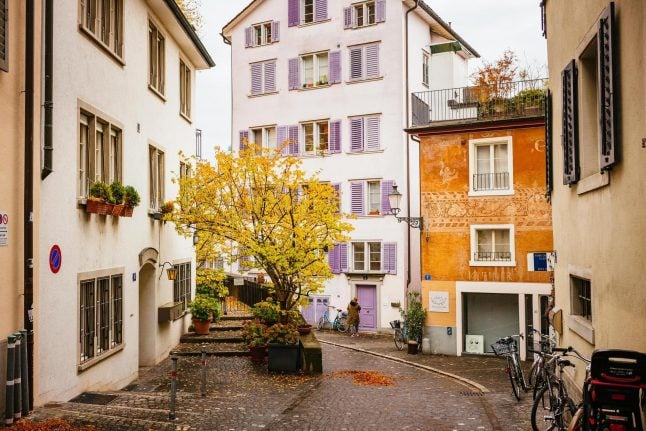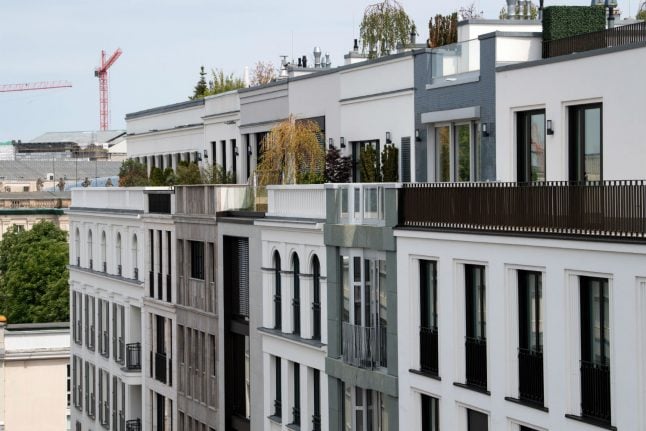While many experts feared that real estate market in Switzerland would collapse during the health crisis, the opposite has happened: rents, as well as purchase prices for houses and apartments have risen.
Figures released by ImmoScout24 Swiss Real Estate Offer Index on Tuesday show that at the end of 2020, single-family home prices were 5.6 percent above their level at the start of the year. This increase is virtually identical (+ 5.5 percent) for apartments.
Preise und Mieten im Corona-Jahr 2020 gestiegen https://t.co/LQJUt378cP Swiss Real Estate Offer Index #SREOI @ringier_ag@ras_schweiz pic.twitter.com/psf0qDkx31
— ImmoScout24 (@ImmoScout24ch) January 5, 2021
The upward trend is also clear in rental market, where rents have increased by an average of 1.1 percent nationwide.
Both owned and rented housing is most expensive in the Lake Geneva region. Prices there increased by 2.5 percent by the end of 2020.
This finding is not surprising, as Geneva is an expensive city with a high cost of living, where it is unlikely, or at least difficult, to find cheap rentals in any of the decent neighbourhoods.
Also, the vacancy rate is usually quite low, which drives the rents up.
For instance, an average monthly rent for 3.5-room flat in Geneva, which comprises a living room, kitchen, bathroom and two bedrooms, is 2,680 francs — the highest in Switzerland.
In the greater Zurich area, another expensive region, prices have increased by 1.2 percent.
READ MORE: Cost of living in Switzerland: How to save money if you live in Zurich
Price hikes were also noted in eastern Switzerland (1.3 percent), the northwestern regions (0.8 percent), as well as in central parts of the country (0.3 percent).
On the other hand, rents stagnated in the so-called Swiss Plateau, the area which includes cantons of Aargau, Solothurn, Bern and Fribourg.
In Ticino, they fell by 2.6 percent.
There is, however, good news for those who want to buy a property in 2021: mortgage rates remain low.
It is possible to get a 10-year fixed rate mortgage from 0.61 percent, and a 5-year fixed rate at 0.54 percent, according to Comparis, Switzerland’s price comparison service.
READ MORE: Switzerland's strangest taxes – and what happens if you don't pay them




 Please whitelist us to continue reading.
Please whitelist us to continue reading.
Member comments